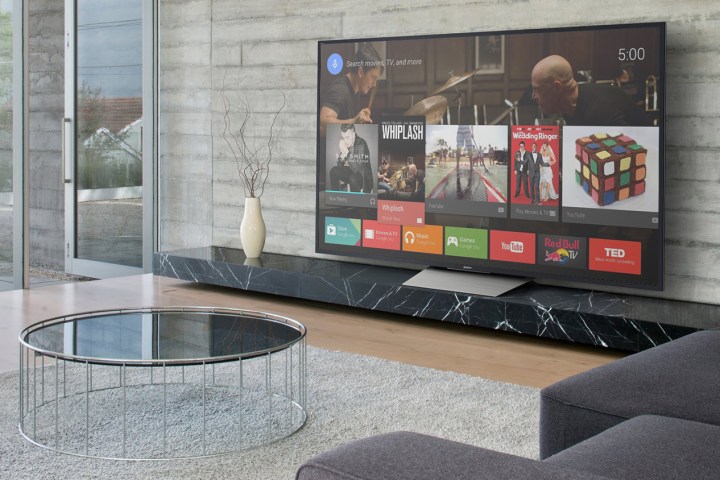
Updated on 05-20-2016 by Lulu Chang: European Commission looks to establish quotas on European works across digital streaming services.
As per forthcoming proposals from the European Commission, services like Netflix and Amazon Prime will have to maintain a minimum amount of European content to aid in the circulation and funding of European movies and TV shows. At the very least, European content must represent 20 percent of a streaming service’s catalog.
Really, this probably won’t affect many video queues all that much, given that European films already account for 27 percent of content across these services.
This new proposal comes on the heels of the commission’s attempt to remove digital barriers among the 28 countries of the Union. Netflix is already present in several countries across Europe, but the content is generally curated to match local preferences, which means that a German user in France wouldn’t be able to see his or her normal queue except by way of a virtual private network or other workaround. But new proposals would change that, allowing Netflix and other service subscribers to be able to see content they’ve purchased when they “temporarily travel abroad.”
The exact definition of “temporarily” has yet to be made clear, but will hopefully be addressed by the time the law goes into effect in 2017. The EU hopes that by the same year, countries will abolish roaming charges for mobile phone service among member states.
While this may come as great news for fans and consumers, broadcasters are a bit less thrilled about the notion. Reuters reports that right holders to some of the content available online are concerned about copyright law and what this new free-for-all means for licensing. And broadcasters, in turn, might worry about prices increasing for content should programs be made readily available across multiple countries.
The quota is also drawing some criticism, with some claiming that this new law could impinge upon the quality of content.
“The European Commission has yet again failed to understand how the digital world works. Subscription services like Netflix and Amazon should consider only one thing when placing content on their platforms: what their viewers want to watch,” said Daniel Dalton, a member of the European Parliament for Britain’s ruling Conservative part.
All the same, one thing is clear — streaming services are becoming ever more popular across the world, and lawmakers are taking note.
Editors' Recommendations
- The 10 most popular streaming services, ranked by subscriber count
- The streaming services will continue to nickel-and-dime us all — because they can
- Netflix suspends its streaming service in Russia
- The best on-demand streaming services
- European Netflix customers are still seeing lower-quality video, slow speed


